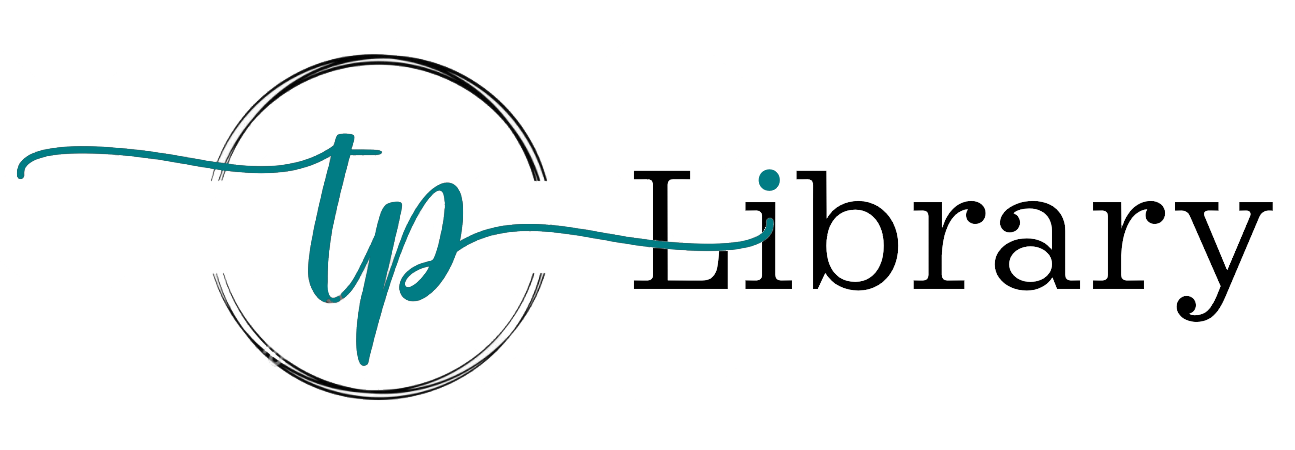“full recovery or amplified recovery” — toward typologies of recovery?
A version of this post was originally published in April 2019.
Recently proposed definitions of recovery could be characterized as defining it downward (or expanding the boundaries outward).
I’ve expressed concern that these proposed boundaries are so broad that most people who currently self-identify as in recovery will not feel a shared identity with the people that advocates are trying to expand the boundaries to include.
I believe, if these new definitions take root, recovering people will feel a need to establish typologies of recovery or select a new word to convey the identity they share.
Bill White and Galen Tinder describe what might be one of those typologies—”full” or “amplified” recovery.
Addiction recovery is far more than the removal of drugs from an otherwise unchanged life. Recent definitions of recovery transcend radical changes in the person-drug relationship and encompass enhanced global health and social functioning. The authors have carried on a decades-long interest in what has been christened full recovery or amplified recovery—a state of enhanced quality of life and personal character in long-term recovery.
First, note that they begin by describing recovery as more than the removal of drugs. (Removal of drugs is more like a floor than a ceiling.) Bill has previously described something he calls “precovery“, which would apply to many of the behaviors that the proposed more diffuse conceptual boundaries seek to include.
Second, some of the rhetoric around recovery advocacy might make a productive discussion challenging. The need for typologies stems from the desire to distinguish one type from another and use these typologies in some way. How might they be used? They would likely be used to organize research and programming around each type. This means these typologies would be used in inclusion/exclusion criteria for everything from research to treatment to recovery housing to collegiate recovery programs to physician health programs to state or unstated hiring practices.
There are serious and important equity issues that include problems related to access to care, incarceration, and privilege. The social justice framing has the potential to illuminate and clarify these inequities. It also has the potential to complicate discussion and disagreement because positions get cast as just vs unjust, moral vs immoral, and valid vs invalid.
I’ve been increasingly concerned that addiction treatment and policy has become a new battleground for the culture wars without many of us even realizing it was happening or conceiving that treatment belonged on any “side” of a culture war. Some good may come of it, but it’s hard to imagine that there would not be a lot of damage, polarization, contempt, and fragmentation accompanying it. There’s also the question of how patients will respond to a field that’s a front in a culture war.
UPDATE: The FDA’s proposed alternative endpoints are also germane to this discussion and increases the need for productive discussion. Are they appropriate endpoints? Are they recovery?
